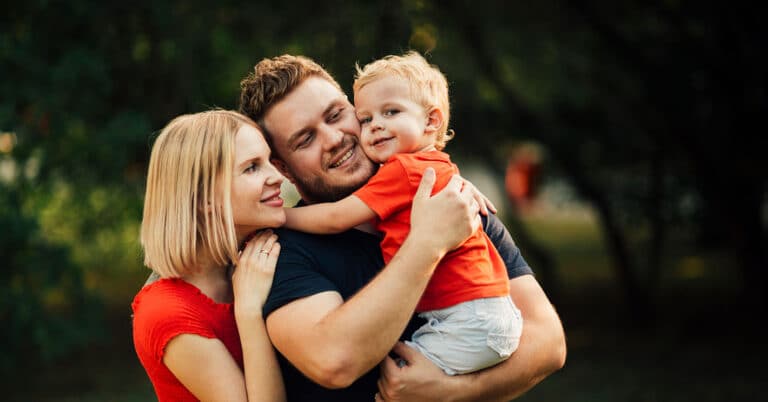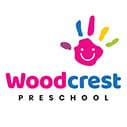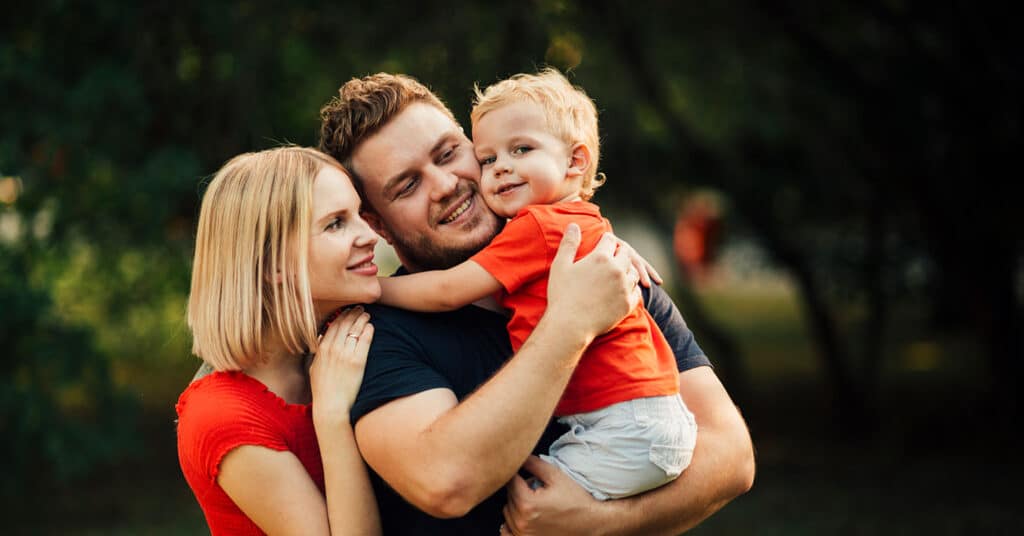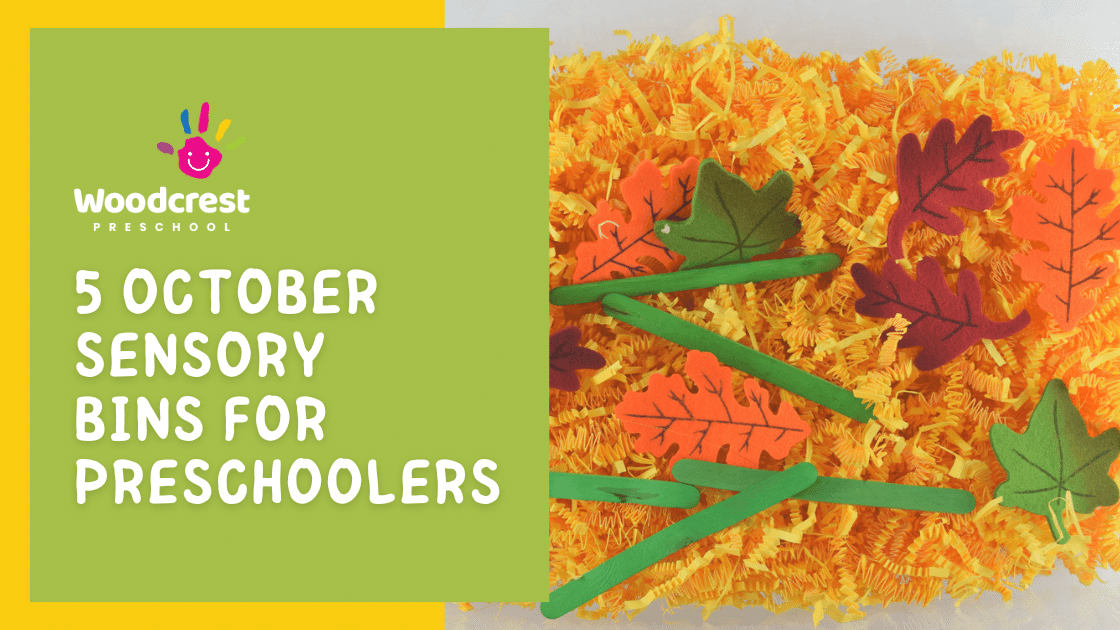
Preschool. As a parent, this developmental milestone might feel just as exciting as it is nerve-wracking. You’re eager for your toddler to grow, make friends, and soak in new experiences, yet also daunted by the emotional struggle they might face adjusting. You’re not alone in this – every parent wishes to make this transition as smooth as possible for their child. We’re here to help prepare your toddler for the thrilling, vibrant world of preschool, from practicing socializing to understanding classroom etiquette. This article is packed with effective tips and activities crafted specifically to aid you and your toddler in this journey of growth and discovery.
You’re not just preparing a child for preschool; you’re setting the foundations for their lifelong learning journey.
- Tips for easing the emotional transition
- Activities to foster socialization skills
- Ways to prepare your toddler for academic learning
Let’s dive right in and uncover the keys to unlocking this magical phase for your little one with minimal fuss and maximum fun.
Helping Your Toddler Adjust to the Preschool Environment
The preschool stage helps to set the foundation for your child’s emotional, social, and cognitive development. Here are some actionable tips to create a seamless transition for your little one.
Imaginative play can be a delightful way of preparing your toddler for preschool. Play pretend school with your child using their cuddly stuffed toys as fellow students or enjoy a picnic while using the child’s school lunchbox. This playful routine provides an early glimpse of what school might feel like and can help curtail any initial preschool jitters.
Are you aware that preschool can be a brilliant place for your child to fortify their social skills? If your youngster stays at home and misses out on regular social interactions, an early start in preschool could be beneficial. They’ll get a head start on learning how to share, cooperate, listen, and build essential friendships with their peers.
Reading can also be an influential tool in getting your child ready for preschool. There are countless children’s books about starting school and making new friends. To add a personal touch, you could even create a personalized book starring your child in a preschool setting. This can help them anticipate and welcome the adventure of starting school.
All in all, every child’s transition to preschool is unique. Employing a play-based approach in educating your child can work wonders. Skills learned in preschool include vital lessons on managing emotions, dealing with conflict, and playing cooperatively. With patience, time, and consistent encouragement, you’ll be able to prepare your toddler for their preschool journey successfully. Be ready to embrace this important milestone with them!
The Role of Toys in Teaching Sharing and Cooperation
Toys are not merely a source of fun for your toddler, but they also serve as essential tools for teaching critical social skills. They can act as a catalyst for promoting cooperation and a sense of sharing among children while also fostering creativity and problem-solving skills.
Meaningful playtime can be organized using a variety of toys, from board games to building blocks and stuffed animals. Remember, the focus here is not just on play but in creating opportunities for your child to interact with peers in guided situations. Board games, for instance, can be excellent for teaching turn-taking and patience, essential aspects of cooperation.
Building blocks and other cooperative toys encourage children to work together to create something, helping them develop the concept of team effort and mutual success. Dividing common tools such as blocks means they learn to share and understand that fun can be shared collectively.
Role-play toys, such as pretend kitchens, doctor sets, or animal figures, can be invaluable for developing your child’s understanding of social roles and empathy. They can mimic real-life situations, providing them a safe and supervised environment to practice their social skills.
It’s important to note that while facilitating these situations, you must also serve as a model for the behavior you’re trying to encourage. Promote a positive environment by showcasing appropriate expressions of emotions, polite language, and consideration. Remember, your toddler is observant. By setting an example of good social behavior, you’re providing them with the best learning experience possible.
Remember, toddlerhood is a crucial developmental stage where children absorb and emulate behavior. By incorporating toys as part of their learning journey, you’re not just ensuring they’re occupied, but you’re also planting the seeds for the social skills they’ll need in preschool and beyond.
The Power of Playdates: Increasing Your Toddler’s Social Exposure
Think of playdates as a sort of rehearsal for preschool. They provide a valuable opportunity for your toddler to interact with children of the same age group in a more casual environment. Arranging frequent playdates with a diverse group of children might significantly ease your toddler’s transition to preschool. When setting these up, don’t feel obligated to plan elaborate activities. Often, the simplest things like playing with blocks or drawing can facilitate interaction and cooperation.
However, remember that playdates aren’t just about play. They’re also a learning experience for your toddler. During these interactions, your toddler learns valuable skills like sharing, communication, and problem-solving. Ensure that you are on hand to guide them gently while still allowing them the freedom to navigate their social interactions independently.
If your toddler is reluctant or shy, you may consider involving them in group classes or activities outside the home, such as a sports club or art class. These structured environments can provide your kid with opportunities to learn teamwork, following rules while still having fun and making friends.
Undoubtedly, transitioning a child into preschool can be a challenging process. Yet, with your help, guidance, and a patient approach, your toddler will develop the social skills necessary to thrive in a preschool environment. So, keep on the playdates and watch as your child flourishes in social skills and confidence.
Interactive Role-Play: Simulating the Preschool Experience
Another effective strategy to prepare your child for preschool is through interactive role-play. You can convert playtime into a session of “pretend preschool”. Use stuffed animals as classmates and engage your child in common preschool activities like circle time, art projects, or snack time. You might even pack a lunch in their future school lunchbox, simulating the full preschool experience.
Such imaginative play familiarizes your child with the school routine and helps them understand what to expect. It also provides an opportunity for you to answer any queries or address any fears your child might have about attending preschool. It’s also a great way for them to learn about sharing and cooperation in a comfortable, home setting.
In conclusion, the transition to preschool is more than academics; it’s also about developing social skills, gaining independence, learning cooperation and etiquette. As a parent, your support plays a crucial role in making this transition smooth. Be patient, be supportive, and remember – every child adjusts at their own pace.
Creating a Healthy Separation: Making Goodbyes Easier
Managing goodbyes can often seem like a complex jigsaw puzzle to a parent. But, if you explore the right approach, it’s a process as simple as nudging the pieces into place. Begin by creating small parts of separation in daily life. Let the grandma or a friendly babysitter step in to keep your toddler busy for a few hours. This exposes them to understanding the dynamics of other loving caregivers which creates a safety net.
Another effectual practice is to introduce bedtime stories that revolve around preschool themes. Incorporating this routine has a twofold benefit – it builds an exciting narrative around schooldays and emotionally prepares your toddler for the transition. Two recommended books to consider for this endeavor are The Kissing Hand by Audrey Penn and Rosie Goes to Preschool by Karen Katz.
Acceptance is another vital aspect in molding a smooth transition. Observe and accept your toddler’s comfort level and personality during the process. By paying close attention to their reactions, you can determine the best method to comfort them during goodbyes and ensure they feel safe.
Ultimately, goodbyes that seem like the end are just the beginning of your toddler’s amazing journey. Remember to tackle this phase with grace, patience, and plenty of love, making the transition a beautiful memory rather than a daunting task.
Emotional Readiness: Preparing Your Child for the Social Aspects of Preschool
You’ve nailed the logistical preparations – the outfits are chosen, the lunchbox picked out, and the orientation day marked on your calendar. However, preparing your toddler emotionally for preschool comes with its own set of challenges.
Preschool serves as a crucial platform for children to explore independence, shape their social skills, and develop executive functions. Reading books about preschool can be an effective way to begin kindling the emotional readiness needed for this significant transition. A better approach? Crafting a personalized book starring your child. This not only familiarizes them with the transition but also allows them to visualize themselves in the new setting.
Playing school at home is another helpful way to simulate the preschool experience. Using stuffed animals as classmates and identifying their various roles can subtly inculcate important lessons about sitting still, paying attention, and respecting others. This role-play could also include having a picnic with your child using their new lunchbox, illustrating mealtime in preschool.
So, when you see them grasping the social norms at their own pace, cherish these precious moments. Even if your child takes time to adjust or misses a few cues, remember that preschool is a journey of self-discovery and growth, taken one little step at a time. Your patience and support can provide the very assurance they need to embrace this important chapter in their lives.
Preparing your toddler for the social aspects of preschool might seem daunting initially, but with these activities and the right approach, the milestone will become a joyful start to their lifelong learning journey. Be their guide, their cheerleader, their safe place, and you’ll witness their transformation into confident, independent learners. Always remember, while preschool prepares your toddler for the real world, their real world still, and always will, begin with you!





